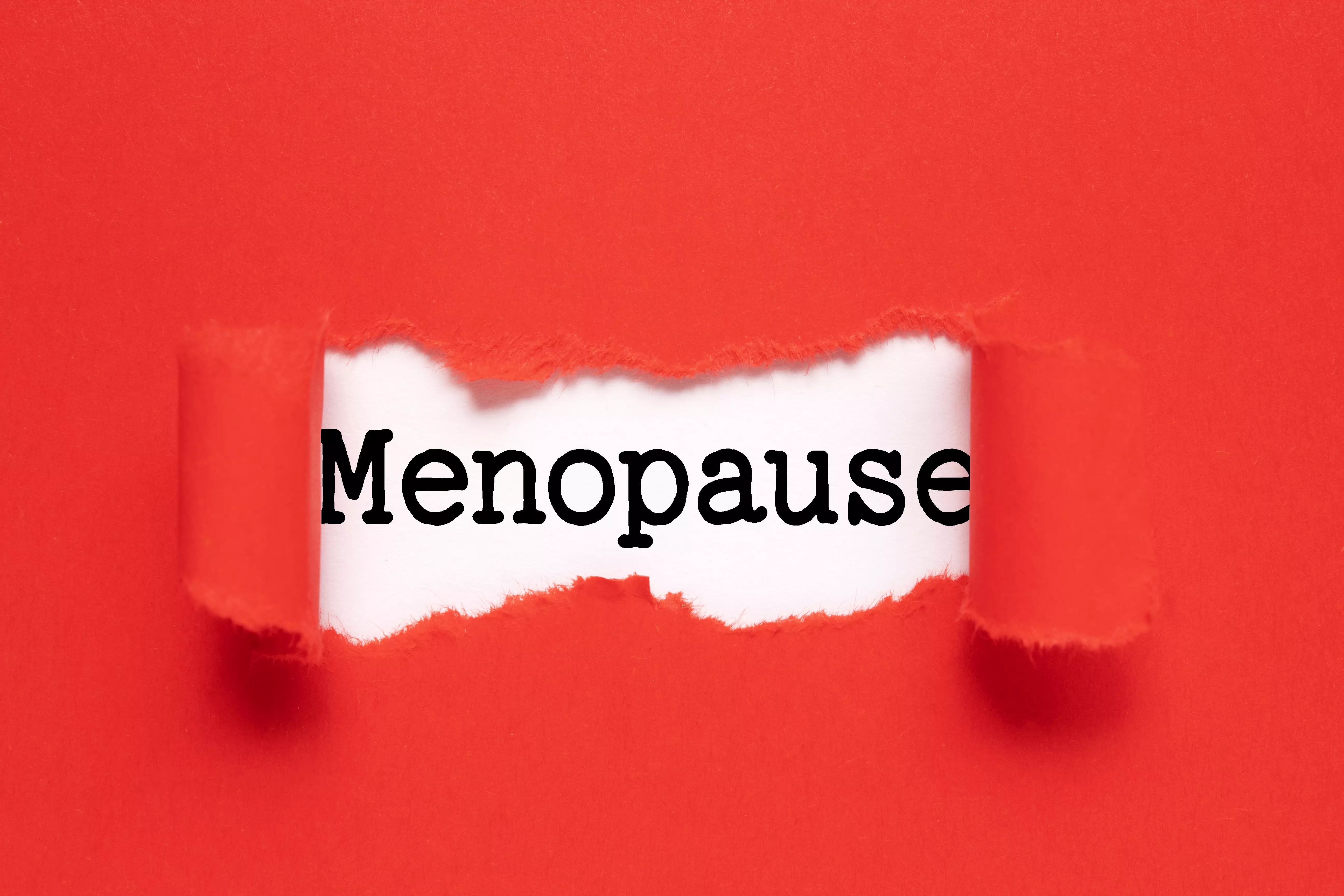Menopause and postmenopausal care: How to effectively manage this stage of a woman's life
Menopause is a natural stage in every woman's life. It marks the end of fertility and the gradual extinction of ovarian function. Many women experience a variety of symptoms accompanying menopause, which can affect their daily life and well-being. It is useful to understand how to effectively manage this stage of life and what postmenopausal care methods can help alleviate symptoms.
Menopausal symptoms and how to manage them
During menopause, a woman may experience a variety of symptoms, both physical and emotional. One of the most common symptoms is hot flashes, which occur in about 75% of menopausal women. Hot flashes are sudden feelings of heat, redness of the skin and sweating. They can occur at night, making it difficult to sleep and leading to daytime fatigue.

Other menopausal symptoms include altered libido, vaginal dryness, abnormal bleeding, mood swings, fatigue, difficulty concentrating and loss of skin elasticity. To alleviate these symptoms, there are many treatment options, including hormone replacement therapy (HTZ) and natural supplements.
Hormone replacement therapy (HTZ) involves taking synthetic estrogen and progesterone to replace the hormones naturally produced by a woman's body. HTZ is very effective in relieving menopausal symptoms such as hot flashes, vaginal dryness and sleep disturbances. However, it is not suitable for every woman. Before starting HTZ, consult your doctor to assess the benefits and risks.
Another option that can help relieve menopausal symptoms are natural supplements such as black cohosh, soybeans and blueberries. Because of the phytoestrogens in these plants, they can help balance hormone levels and reduce the intensity of hot flashes. Consult your doctor before starting supplementation.
Postmenopausal care: how to take care of your health after menopause
After menopause, a woman still needs special health care. A proactive approach to a healthy lifestyle and regular medical checkups are key to maintaining good health. Here are some post-menopausal care principles to consider:
1. a healthy diet: a balanced diet rich in vitamins, minerals and fiber is essential for overall health. It boosts immunity, maintains a healthy weight and reduces the risk of heart disease, osteoporosis and cancer. The diet should include plenty of vegetables, fruits, whole grain cereal products, fatty fish and lean meat.
2. physical exercise: Regular physical activity is important for maintaining heart health, maintaining weight, improving mood and overall well-being. Low-impact exercises such as yoga, swimming, Nordic walking and tai chi are especially recommended for menopausal women because they help strengthen muscles, increase flexibility and improve balance.
3. regular checkups: Regular medical checkups, such as hormone tests, mammograms, osteoporosis testing and cytology screening, are essential for early detection of potential health problems. Visits to the doctor also allow you to assess your overall health and adjust any potential therapies.
4 Maintaining a healthy weight: A healthy weight is important for maintaining hormonal balance and reducing the risk of heart disease, diabetes and osteoporosis. Too much body fat can lead to overproduction of estrogen, which can affect hormone levels. Regular exercise and a healthy diet are key to maintaining a healthy weight.
Summary
Menopause is a natural stage in every woman's life that can be both a challenge and an opportunity to take care of your health. Managing menopausal symptoms, such as hot flashes, vaginal dryness and sleep disturbances, may require various treatments, such as hormone replacement therapy and supplements. However, post-menopausal care is not just about managing symptoms, but also taking health-promoting measures such as a healthy diet, regular medical checkups, maintaining an appropriate weight and regular physical activity. Remember that every woman is different, so it is important to consult a doctor who can individualize postmenopausal care.